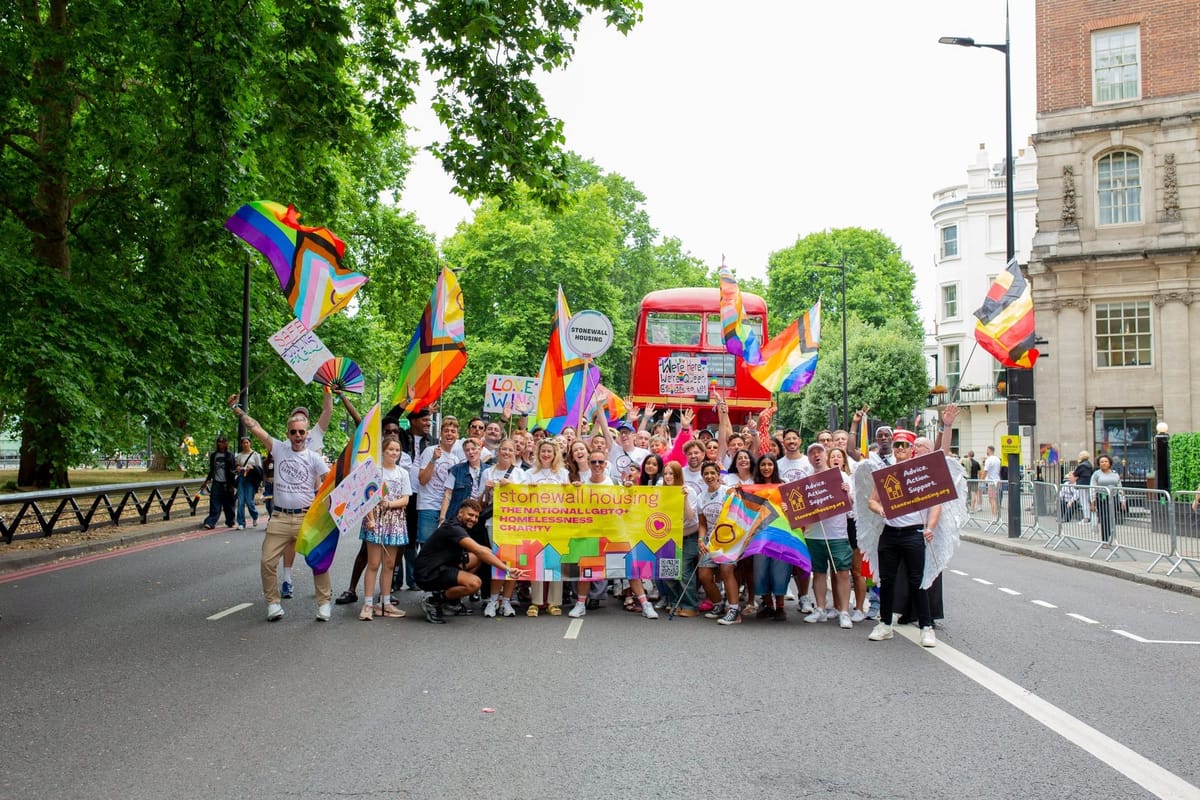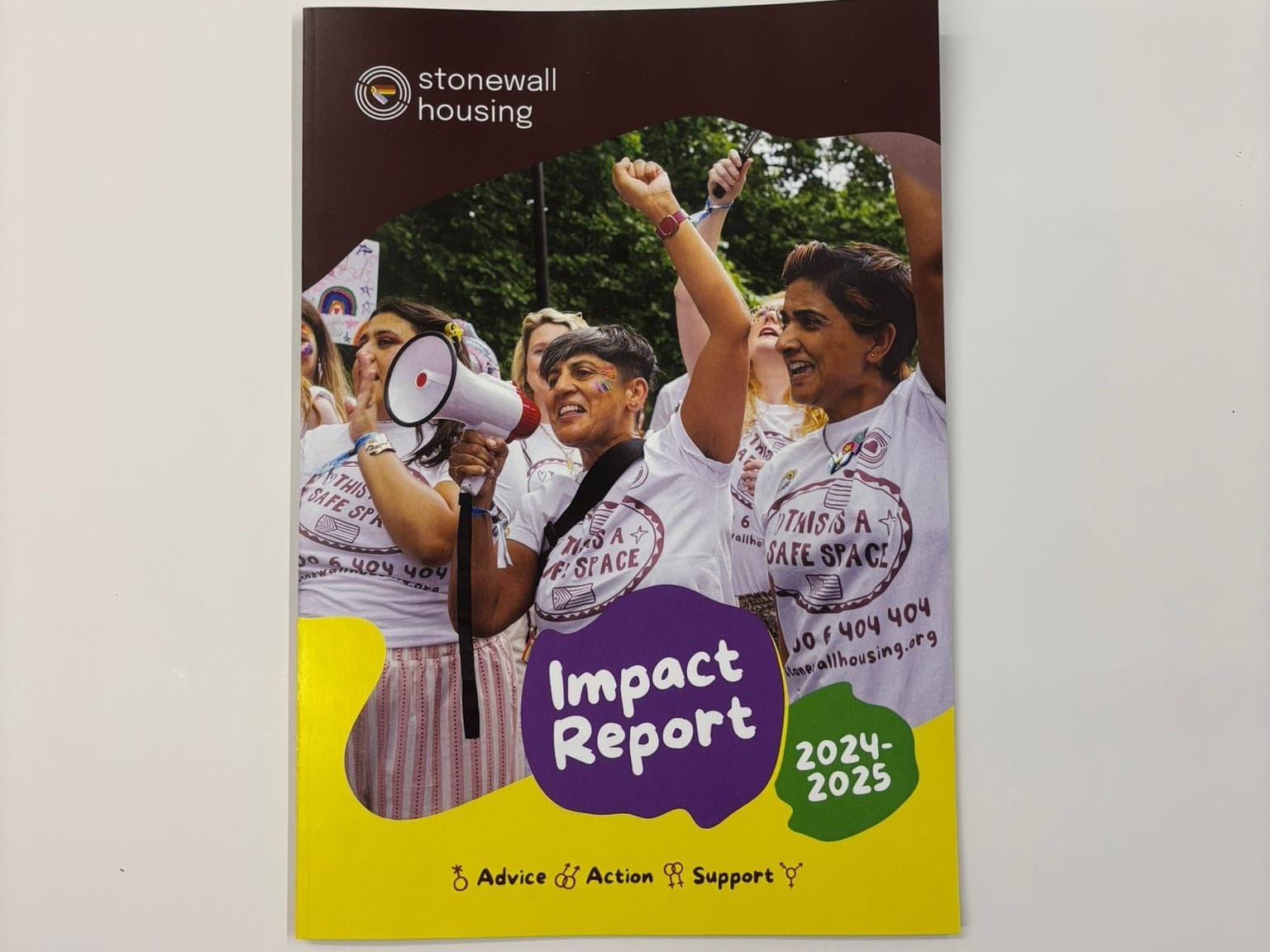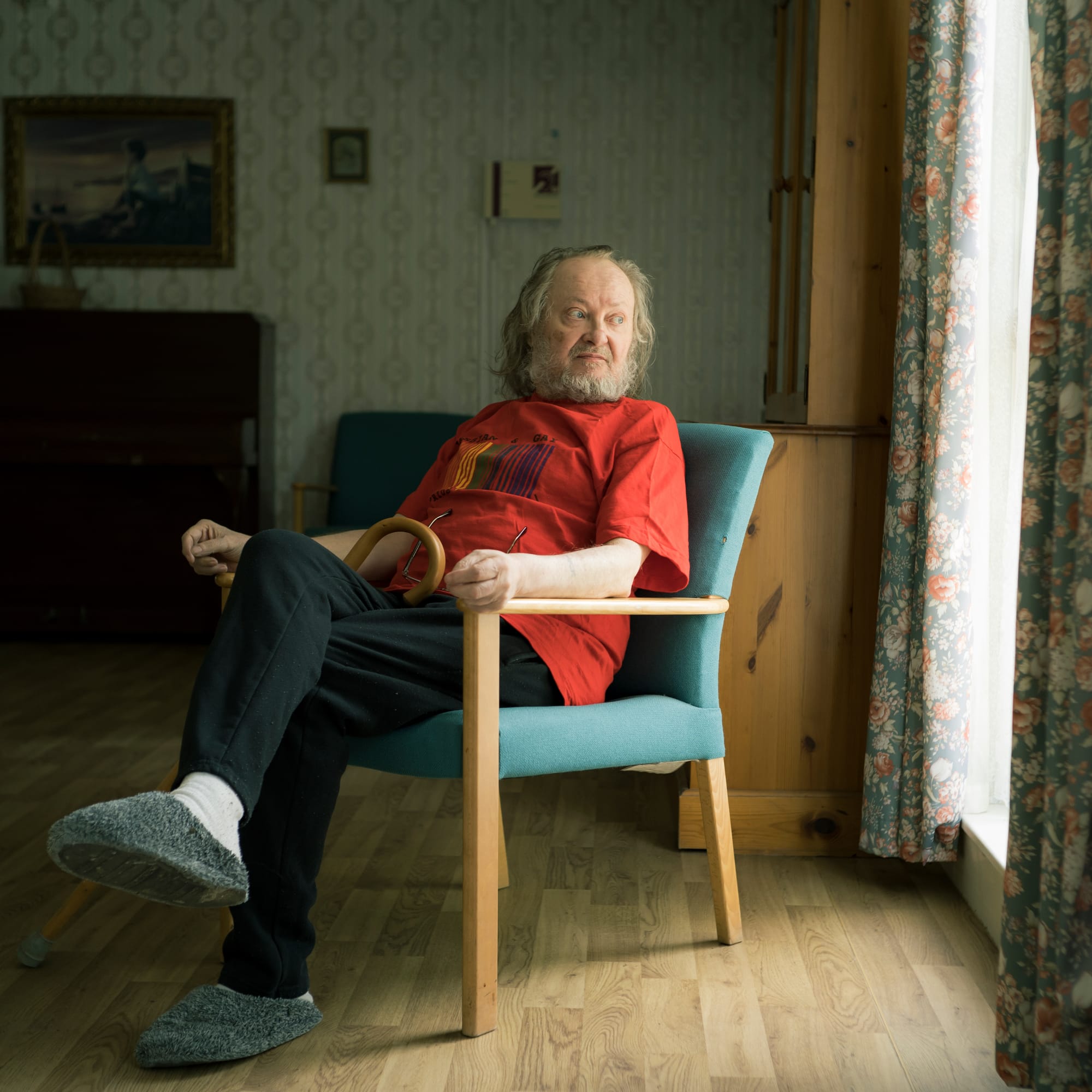Stonewall Housing reports record support for LGBTQ+ communities amid deepening crisis

Stonewall Housing, the UK LGBTQ+ housing and homelessness charity which recently opened its second LGBTQ+ supported accommodation in Brighton, has published its latest Impact Report, revealing a 16.6% rise in the number of LGBTQ+ people supported over the past year - the highest in the organisation’s history. This surge not only reflects the growing trust placed in Stonewall Housing’s services but also highlights the worsening housing crisis facing LGBTQ+ communities nationwide.

The report paints a stark picture of the realities many LGBTQ+ individuals face, from young people rejected by their families to older members of the community grappling with isolation. It also draws attention to the experiences of prison leavers and survivors of domestic abuse, showing that homelessness is rarely a standalone issue. Instead, it is often the result of multiple, overlapping challenges such as mental health needs, substance use, discrimination, and systemic barriers within housing provision.
Steven McIntyre, Chief Executive of Stonewall Housing, emphasised the importance of secure housing, stating: “Safe housing is more than just four walls – it’s the foundation for everything that follows. When an LGBTQ+ person has a home where they are safe and affirmed, they can begin to heal, to dream and to build their future with dignity. That is the heart of our work: not just ending homelessness, but helping people thrive.”
When an LGBTQ+ person has a home where they are safe and affirmed, they can begin to heal, to dream and to build their future with dignity.
Over the past year, Stonewall Housing supported 3,733 LGBTQ+ individuals, averaging 75 referrals each week. The charity also handled 690 advice calls and facilitated more than 300 online chat sessions every quarter. Its specialist domestic abuse service achieved a remarkable outcome, with every client rehoused in safe, settled accommodation within six months. In addition, the organisation delivered 270 budgeting and financial empowerment sessions, equipping clients with the tools needed for long-term stability and resilience.

The report also highlights that over 27.8% of service users identified as trans or gender nonconforming - groups that frequently encounter compounded barriers to securing safe housing. Through detailed case studies, the report illustrates how intersecting identities and experiences, such as being queer and a person of colour, recovering from substance use without stable housing, or being over 50 and digitally excluded, can leave individuals invisible to mainstream services.
Together, we are building a world where every LGBTQ+ person has safety, belonging, and the chance to thrive.
Stonewall Housing’s holistic approach responds to these complex realities by combining housing advocacy with specialist support in mental health, substance use, domestic abuse, and community-specific services. Despite the challenges, the charity notes encouraging progress. More housing providers are signing the LGBTQ+ Housing Pledge, committing to inclusive and affirming services. Meanwhile, Stonewall Housing’s Training and Consultancy team has reached record numbers of frontline professionals, embedding systemic change across the housing sector.
Steven McIntyre concluded with a message of hope: “Yes, these are challenging times - but every day we see extraordinary compassion, courage and solidarity. From volunteers and donors to housing providers and frontline staff, people are coming together to make sure LGBTQ+ people are not left behind. That collective commitment gives us hope for the future. Together, we are building a world where every LGBTQ+ person has safety, belonging, and the chance to thrive.”





Comments ()